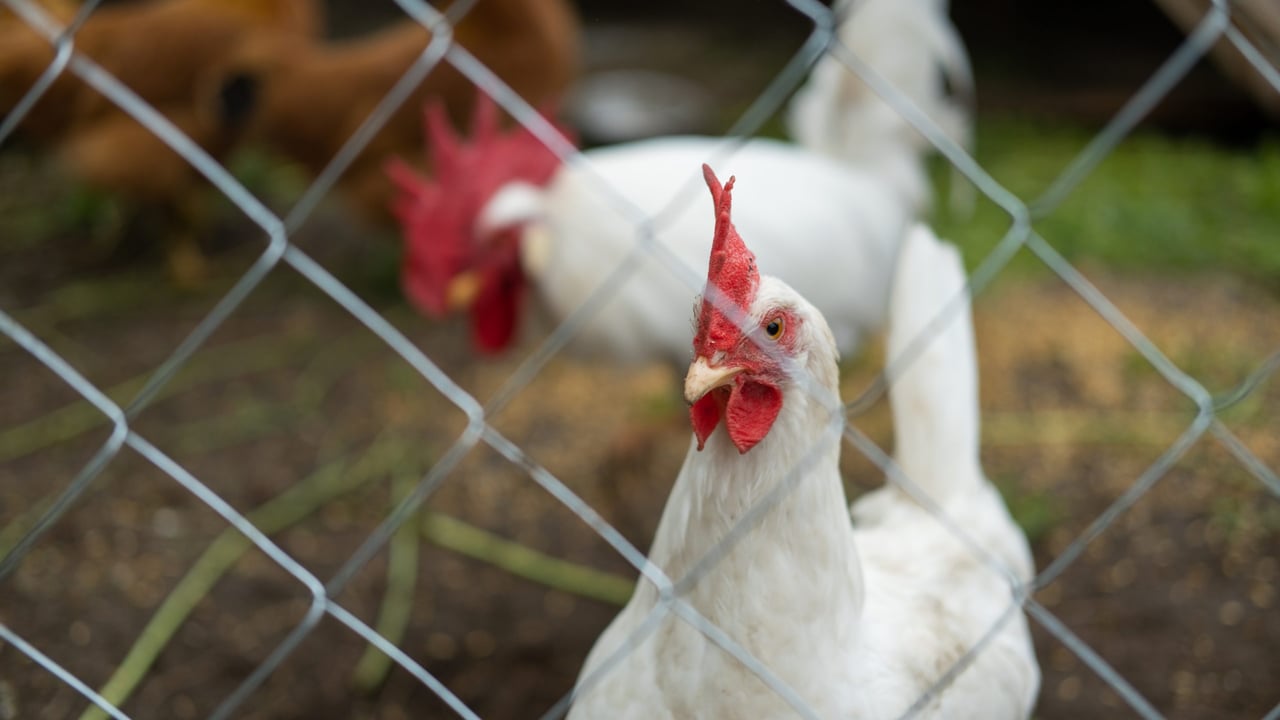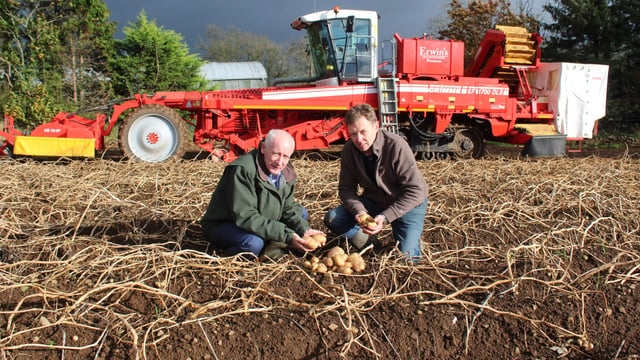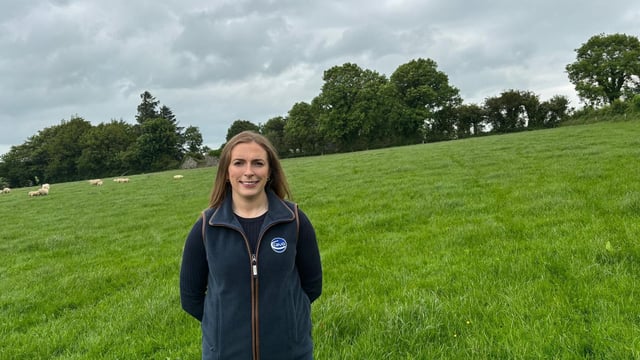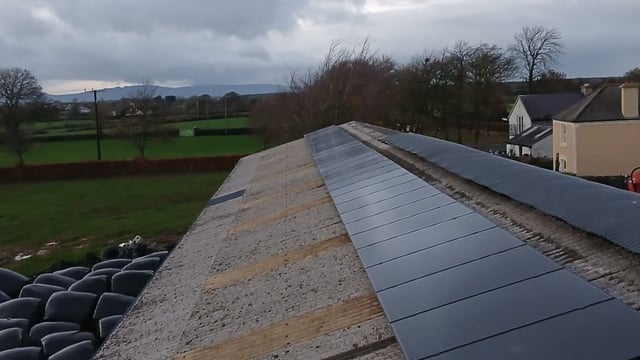NI: New bird flu 'prevention zone' to be introduced next month
An Avian Influenza Prevention Zone (AIPZ) will be introduced in Northern Ireland from next month according to Agriculture Minister Andrew Muir.
The AIPZ will come into effect from 00:01 on Saturday, November 1 according to the Department of Agriculture, Environment and Rural Affairs (DAERA).
The department has outlined that the AIPZ places a "legal requirement" on all bird keepers in Northern Ireland to follow strict biosecurity measures.
It has specified that this applies whether you keep "pet birds, commercial flocks or just a few birds in a backyard or hobby flock".
Bird flu
Minister Muir said that because of the onset of winter migration, the risk of Highly Pathogenic Avian Influenza (HPAI) introduction via wild birds is "heightened".
He has also appealed to all bird keepers in Northern Ireland to take appropriate action to protect their birds, the Northern Ireland flock and the wider industry.
“With the onset of winter migration, the risk of Highly Pathogenic Avian Influenza (HPAI) introduction via wild birds is heightened.
"An incursion of HPAI can cause devastating impacts for those affected and our wider industry," the minister warned.
Biosecurity
DAERA is co-ordinating its latest response to the threat posed by bird flu with the Department of Agriculture, Food and Marine (DAFM).
It will also introduce new biosecurity regulations which will require all flock keepers to apply specific measures for poultry and other captive birds from Saturday, November 1.
Minister Muir said that mandatory biosecurity measures for all poultry and captive birds will be introduced at the same time as the introduction of the AIPZ across Northern Ireland.
Chief vet
Meanwhile the chief veterinary officer for Northern Ireland, Brian Dooher today (Friday, October 24) confirmed that there is currently no requirement for poultry to be housed, and bird gatherings are not prohibited at this stage.
But Dooher has also warned that this will be "kept under constant review".
"The measures in the Avian Influenza Prevention Zone include stringent, mandatory biosecurity measures to help prevent the spread of the disease from wild birds or another source to poultry; a requirement that poultry or other captive birds are provided with food and water to which wild birds have no access, and mandatory rules on cleansing and disinfection," Dooher said.





